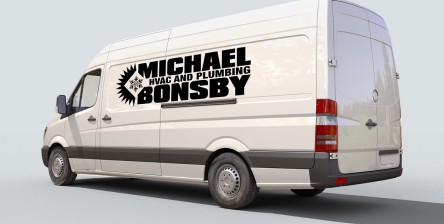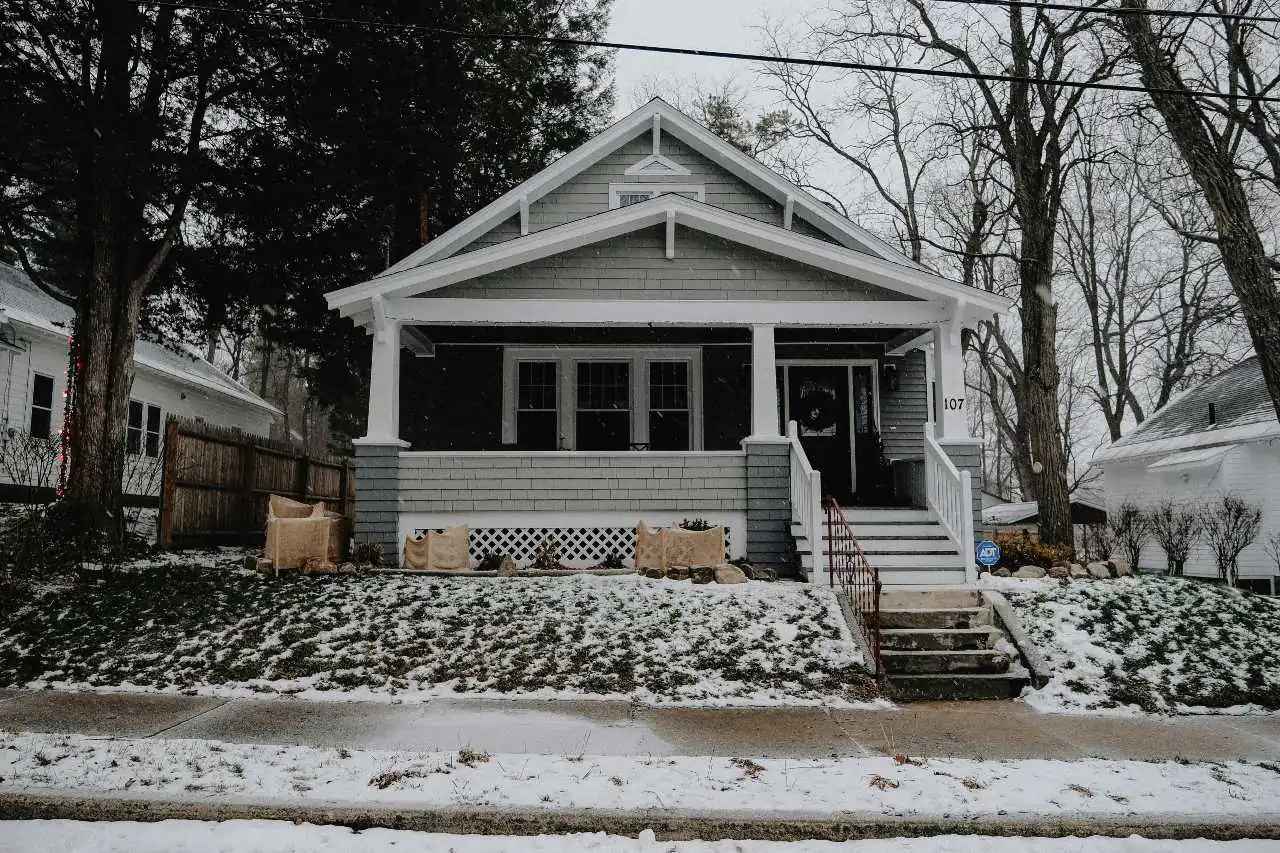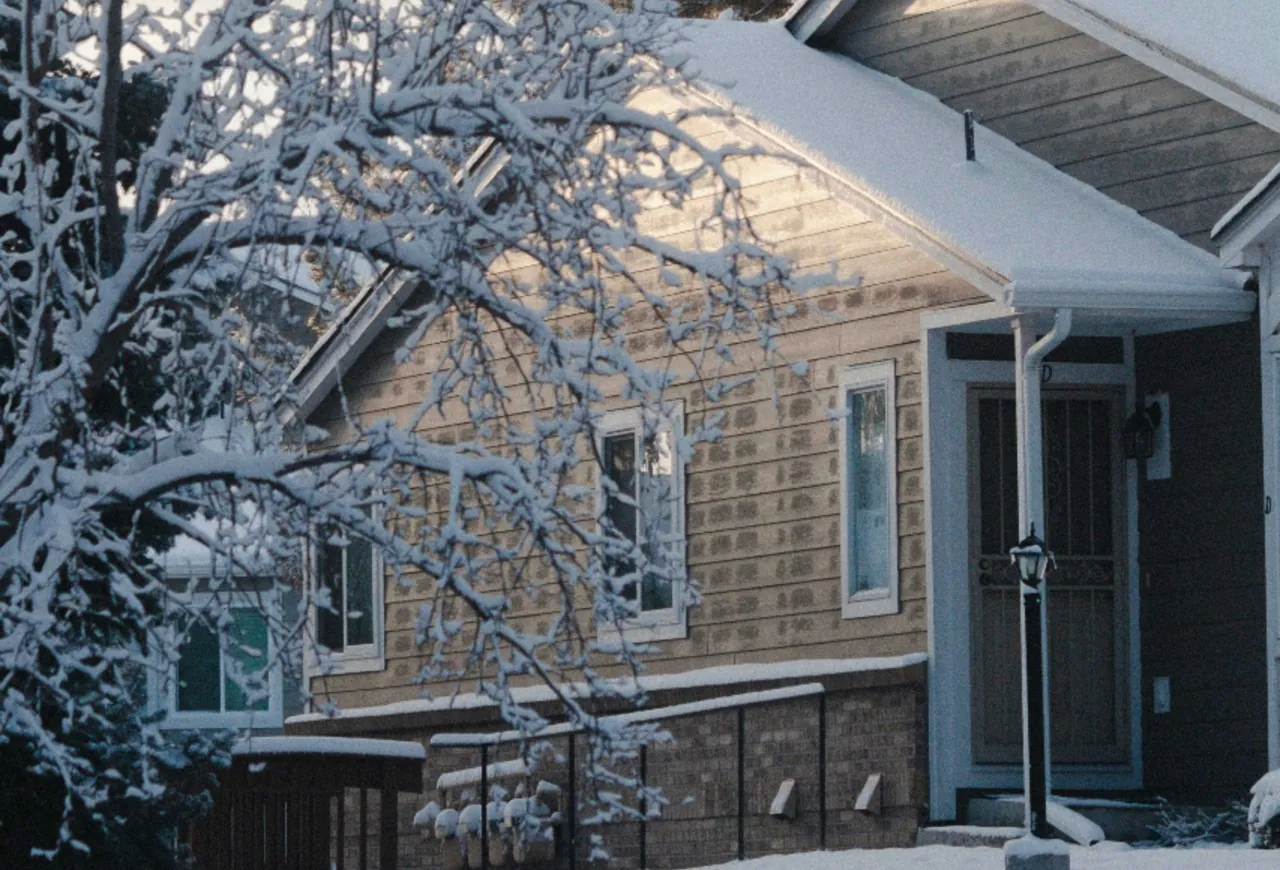R-410A Refrigerant Phase-Out: What Homeowners Need to Know

When you think about harmful greenhouse gases like hydrofluorocarbons (HFCs) and their environmental impact, does your home’s air conditioning system come to mind? Probably not. Yet in 2018, air conditioning and refrigeration systems in the U.S. accounted for a whopping 75% of our nation’s HFC use.
As part of a global climate initiative, the EPA is regulating the phasedown of HFCs. What this means to the air conditioning industry is that the current refrigerant in use — R-410A — will be gradually replaced with more energy-efficient, non-HFC cooling technologies.
To ensure your air conditioning needs are met without a hitch, Michael Bonsby HVAC, Plumbing & Electrical is here to help you smoothly navigate this transition process and answer all your questions.
When Was R-410A Introduced & Why Is R-410A Being Phased Out?
R-410A was introduced in 1991 as a replacement for R-22, a hydrochlorofluorocarbon refrigerant. It was designed to be more environmentally friendly by having a lower ozone depletion potential and higher energy efficiency. It became the industry standard for several years. Unfortunately, further research revealed that it has a high Global Warming Potential (GWP) due to HFCs.
Under the American Innovation and Manufacturing (AIM) Act, the EPA is regulating an HFC phasedown, including phasing out R-410A, to dramatically reduce greenhouse gas emissions and help the environment.
New Refrigerant Alternatives
Introduced in 2018, the refrigerant R-454B has 78% less Global Warming Potential (GWP) than R-410A. Plus, new systems will need 5-10% less of this refrigerant than current R-410A systems, which could save consumers money. There is one downside: While R-454B has a high efficiency for heating, its equipment is expected to be more expensive.
R-32 is another trusted alternative to R-410A. This single-component refrigerant has one-third less GWP than R410A and zero ozone depletion. Superior in energy efficiency, refrigeration capacity, and thermal conductivity to R-410A, R-32 is currently the main ingredient in the refrigerant R-454B, comprising almost 70% of its formula.
Fortunately for consumers, both R-32 and R-454B are safe, highly effective, and similarly priced refrigerants. HVAC manufacturers, including Lennox, Mitsubishi, and Trane, are all complying with the EPA’s transition requirements by replacing R-410A with R-454B and R-32 as the new standard refrigerants.
Impact on Your Existing Cooling System
If you’re eager to upgrade to a better refrigerant, it’s important to note that refrigerants are highly sensitive chemical substances; if your current AC uses R-410A, it was built to accommodate R-410A only.
While retrofitting your AC to accommodate a new refrigerant seems like a simple enough solution, it’s anything but. It’s a highly complex and complicated electrical and mechanical process. Also, it’s cost-prohibitive, requiring the replacement of several major components, which would ultimately cost you more than purchasing a new AC system.
Fortunately, the EPA has implemented a gradual transition process, allowing homeowners and AC technicians to legally operate, maintain, and repair current R-410A HVAC systems to the end of their natural lifespans. Since HVAC systems can run 10 to 15 years, and the EPA phase-out process extends into 2037, you shouldn’t need to worry about replacing your AC system before the end of its lifespan just because of the refrigerant you use.
While R-410A is being phased out, it will still be available during the phase-out process. However, within the next 15 years, R-410A production will decrease by 85%, causing price increases and inevitable shortages. Unfortunately, this means that repair costs for old R-410A systems will only increase over time. To protect your HVAC system and wallet, we recommend signing up for our maintenance plan. Regular maintenance services, including filter replacements and tune-ups, will keep your AC running efficiently for as long as possible.
When To Consider Replacing Your Cooling System
If your AC system is getting older and you start to notice signs of wear and tear, such as rising repair costs, more frequent repairs, and higher energy bills, it’s time to consider upgrading to a new AC system.
Even if your old AC still has life in it, switching to a new eco-friendly system that meets EPA standards affords several advantages, including avoiding the rising cost of R-410A-related repairs, improved energy efficiency, lower energy bills, and, of course, environmental benefits. To help offset the cost of your AC replacement, you may be able to take advantage of federal incentives and rebates.
Michael Bonsby HVAC, Plumbing & Electrical’s Solutions for Homeowners
For decades, Michael Bonsby has provided the highest level of HVAC and plumbing services for homeowners and property managers in Gaithersburg, Maryland, Fairfax County, Virginia, and DC. For your peace of mind, we proudly provide:
- Free estimates for cooling system replacements
- Special financing options for new energy-efficient systems
- Same-day services
- Highly trained technicians with expertise in the latest refrigerant technologies
- Commitment to environmentally friendly HVAC solutions and customer education
Protecting our environment from further harm means everything to us here at Michael Bonsby, and we’re certain it means the world to you, too! We can all do our part by planning for the R-410A phase-out.
As your trusted HVAC service provider, we’ll provide you with the facts you need to make informed decisions. Rest assured that Michael Bonsby HVAC, Plumbing & Electrical will always be here to help you smoothly navigate this transition process.
Michael Bonsby is the top choice for reliable service, eco-conscious AC solutions, and expert guidance through the R-410A phase-out. Get a free estimate on a new system today!
Contact Us Today Full Width




